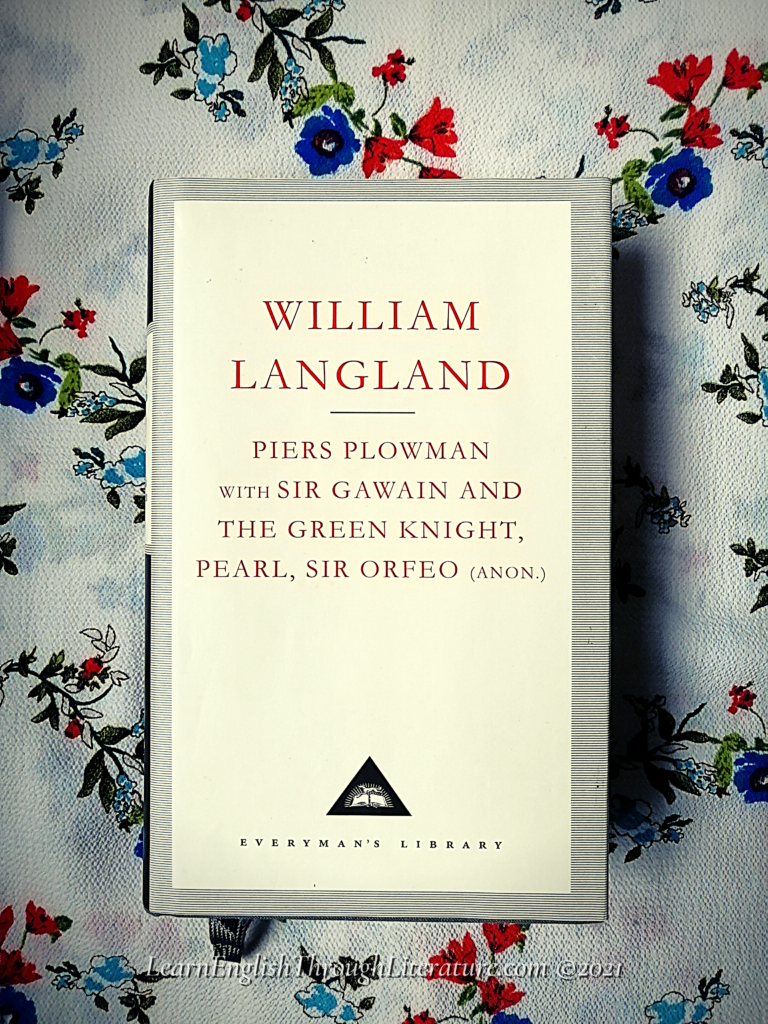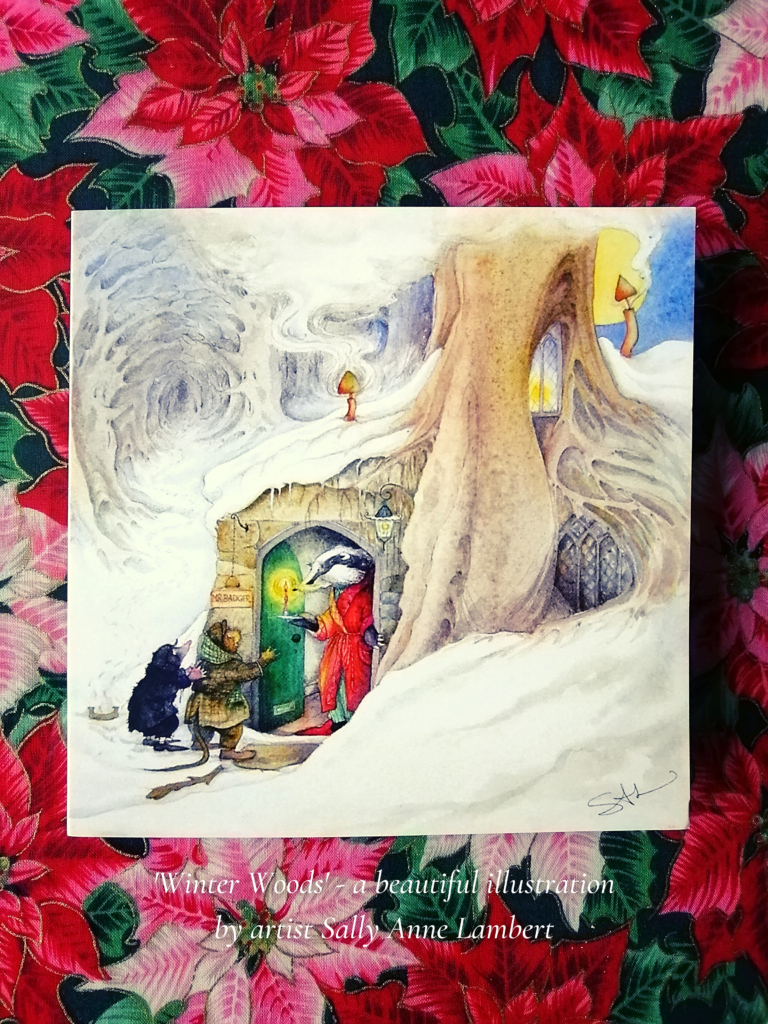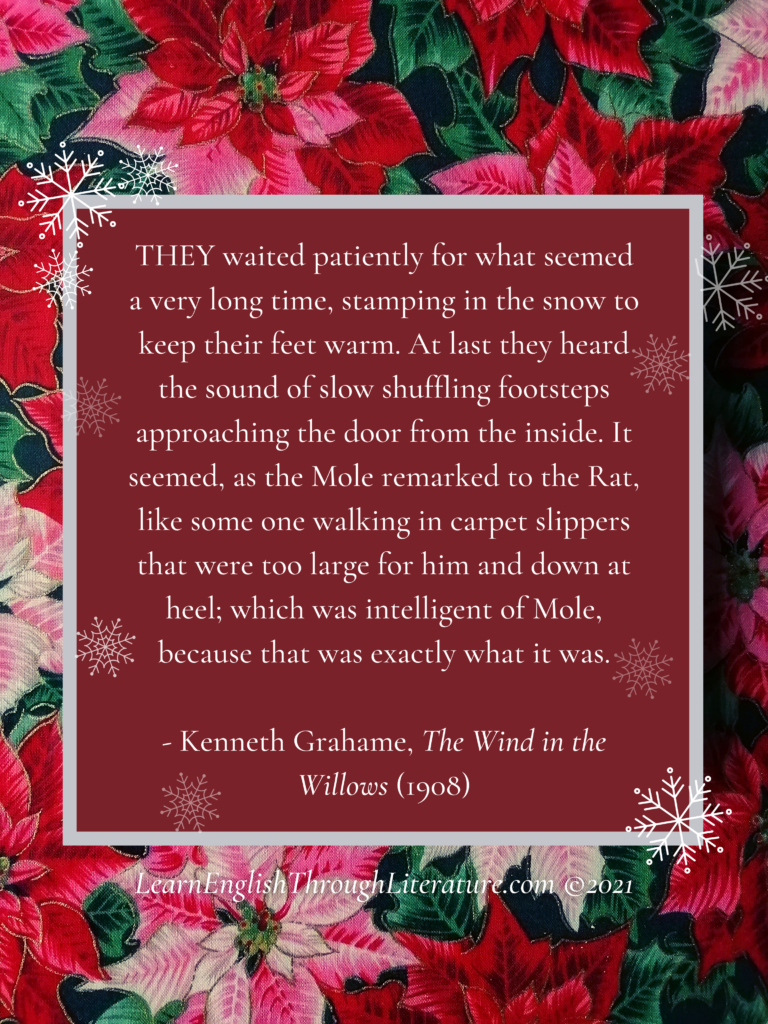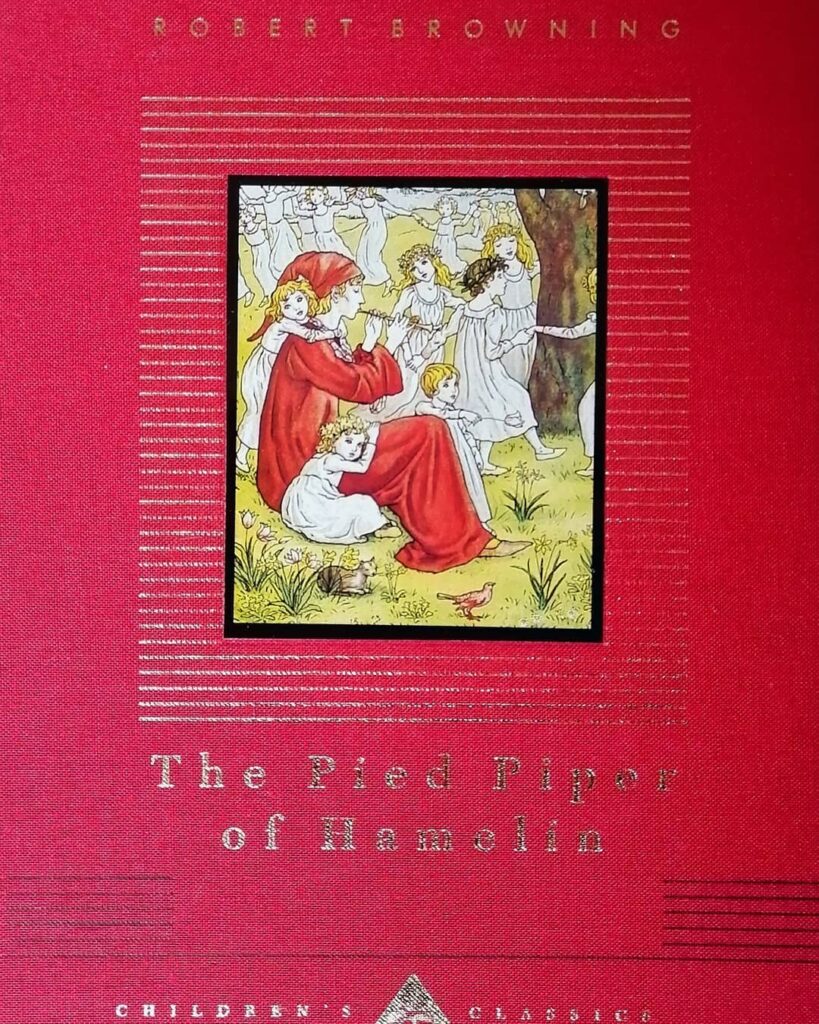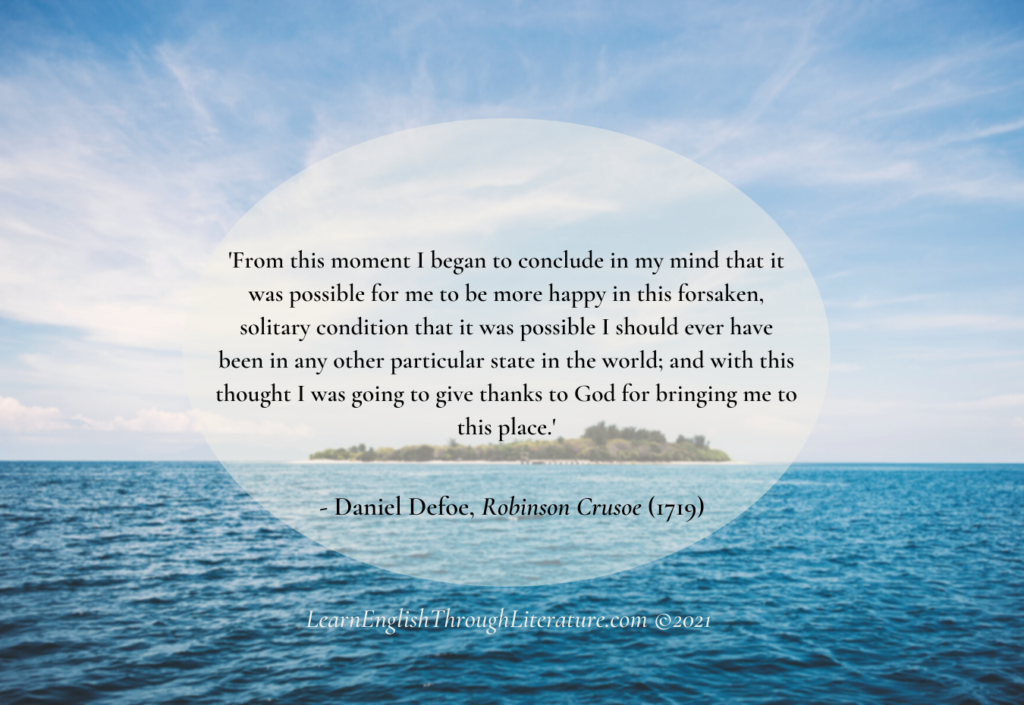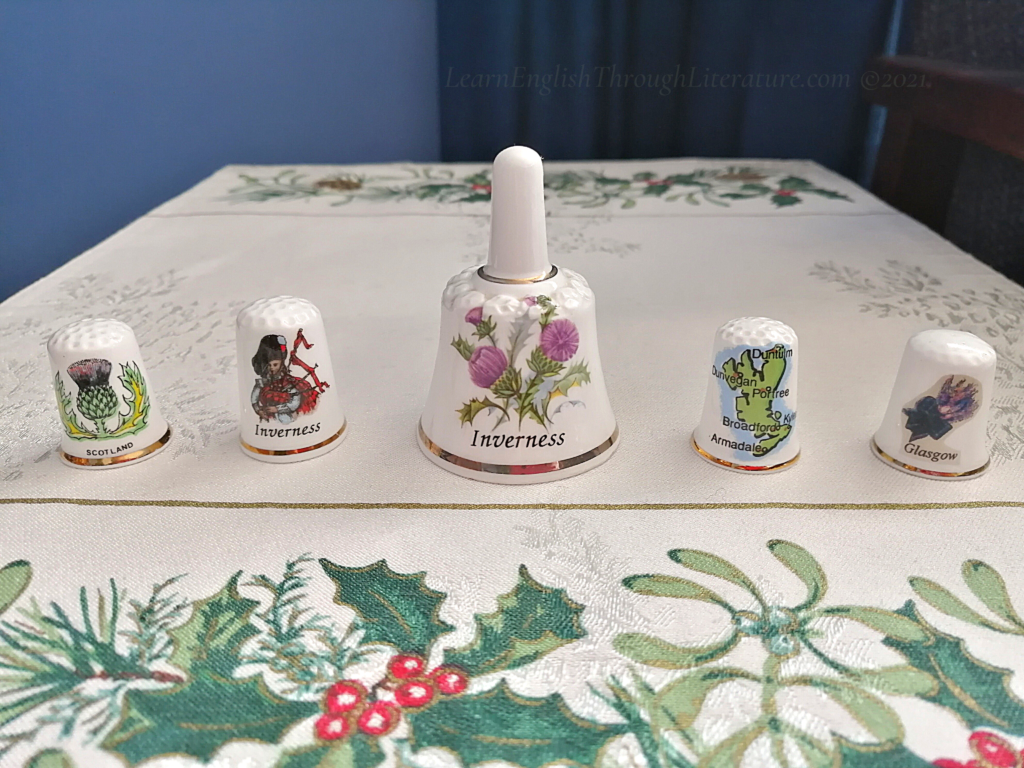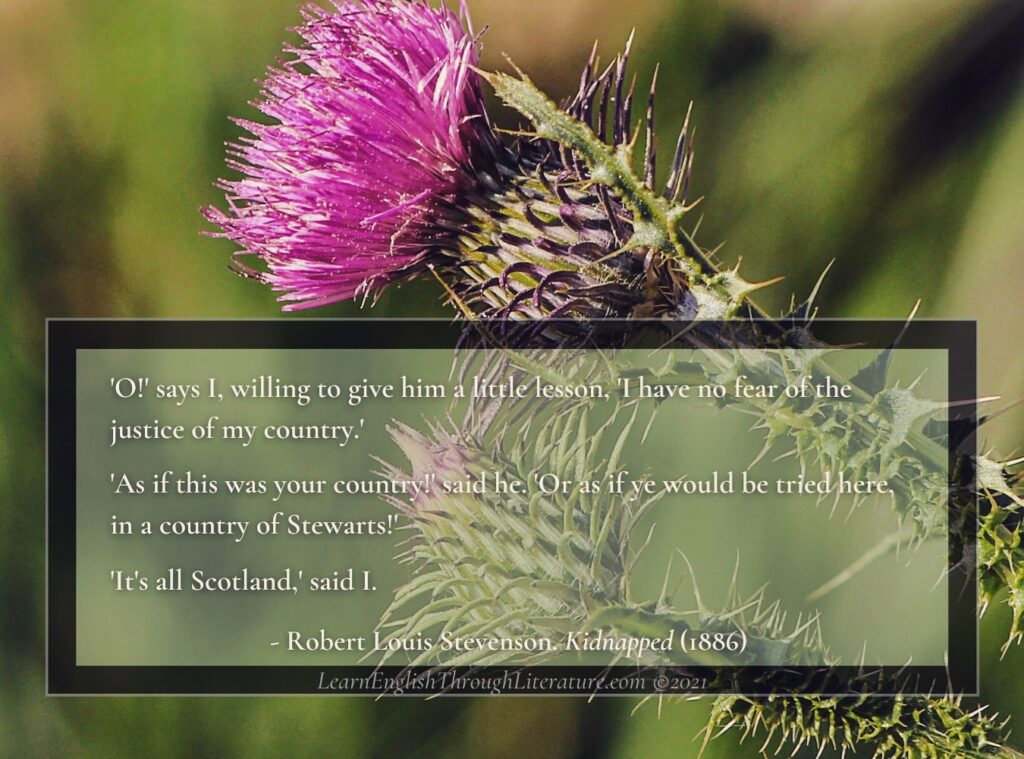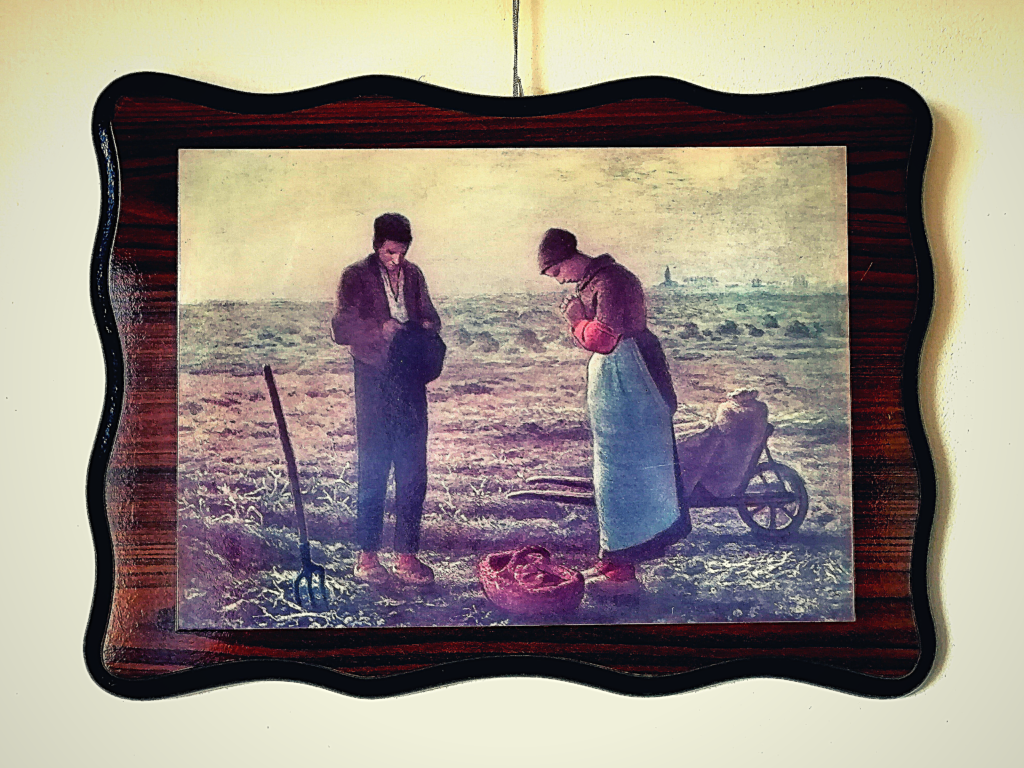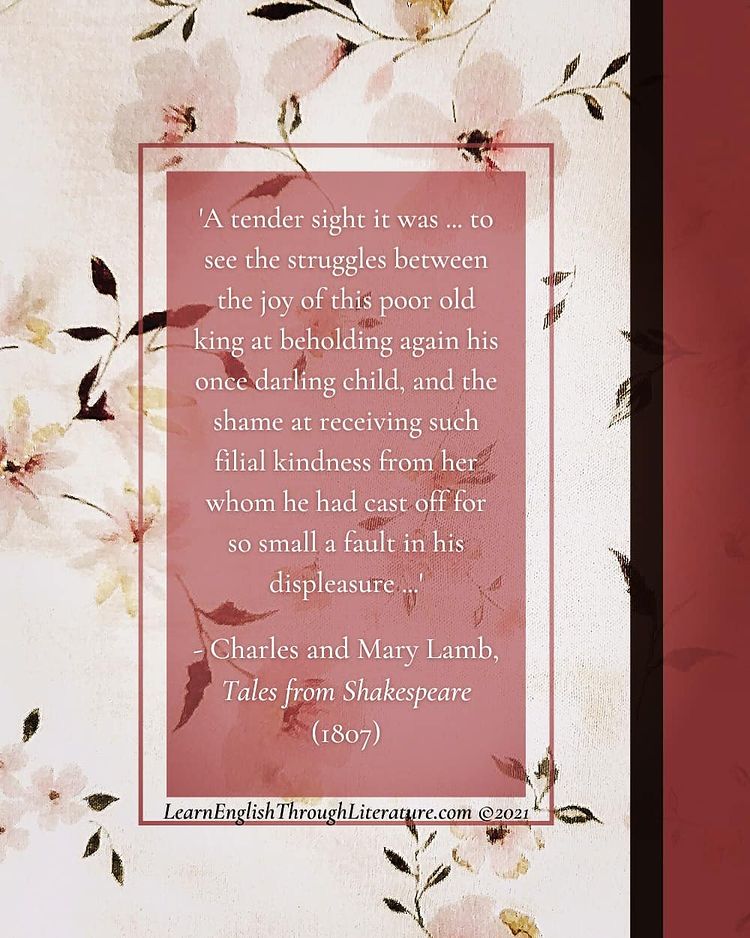Lesson #177: Appreciating a Medieval English Poem: William Langland’s ‘Piers Plowman’
Every single language that is spoken today has undergone (gone through) many changes over the years, over centuries. This is also true of English, which could be described as having several phases or historical stages of development: 🪔 c. 500-1150 AD: Old English This is made of the dialects of Anglo-Saxon tribes, with a very few words […]
Lesson #177: Appreciating a Medieval English Poem: William Langland’s ‘Piers Plowman’ Read More »

